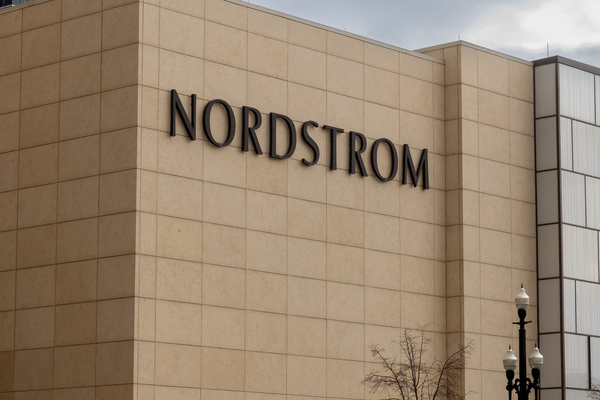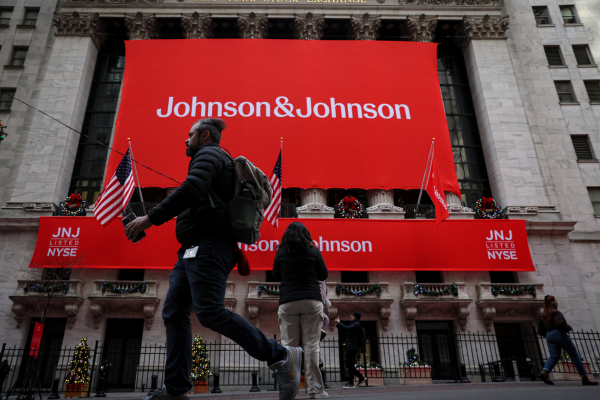Convenience v security: the importance of data sharing

Sarah Bird at NBCS discusses the consumer need for data sharing between retail businesses and the police as new technologies are making it easier for criminals to operate
The retail sector today is facing a challenging period with the rise of online retail, store closures and changing consumer behaviours all having an impact on the industry. However, the issue of retail crime and its impacts on businesses, retail workers and customers must not be overlooked. Criminals are always two steps ahead of the latest technologies but how can retailers keep two steps ahead of them?
This article will look at the pitfalls of convenience in the retail sector, the soaring rates of criminal activity and why data sharing is critical for retailers to keep the advantage during this period of high crime rates.
Challenges with self-checkout
In the modern age of technology, consumers expect a seamless shopping experience, with minimal queues and a convenient checkout process. However, convenience comes at a cost, as unstaffed tills can enable opportunist thieves to simply swipe merchandise without a face-to-face interaction acting as a deterrent or to trick the systems.
Some retailers have taken the step of removing self-service checkouts and some are rethinking their approaches to the technology such as by adding new security features to deter theft such as AI video surveillance, scales and control measures.
However, convenience isn’t going away any time soon and retailers should look to other ways that can catch offenders rather than simply trying to deter them.
Soaring criminal activity across retail
The retail sector today is experiencing soaring rates of crime with the ONS revealing that shoplifting offences increased by over a third at the end of December 2023 with 430,104 offences, compared to the past year. Of course, it’s important to note that many shoplifting incidents go undetected and unreported but the data from the ONS helps to reveal the scale of the problem and the rise that is being experienced.
Crime is costing the retail industry a significant amount with the BRC finding that the overall monetary cost of crime stands at £3.3 billion when crime prevention and actual losses are taken into account. Retail crime doesn’t just cost the sector financially but it also has a human cost with retail workers suffering from violence and abuse, leading to some experiencing stress and anxiety.
Criminal activity can vary enormously from organised crime gangs tackling wholesalers and large retailers to opportunists who try their luck with self-checkouts and continue to try their luck until they are brought to justice. The changing nature of criminal activity in the sector today combined with the opportunities convenience provides thieves makes it all the more important for retailers to consider the importance of data sharing.
Why data sharing is critical
Self-checkouts aren’t going away and retailers can’t hold back the tide of convenience but this is where data sharing between retail organisations and the police comes into play, to catch the opportunist thieves and to be able to see the bigger picture to build the case for prosecutions. When incidents are reported without an identity, the police often close down such cases but data sharing can enable an identity to be applied to the case to highlight the more widespread offending of an individual.
The police often lack the necessary resources to develop the levels of intelligence needed and external organisations can help retailers to package intelligence effectively in a way that is useful to police forces the length and breadth of the country.
Artificial intelligence can also aid the process of intelligence by being able to connect words in crime reports and identify trends. Having an external partner to help share the data with the police means that internal time can be prioritised and offenders can be brought to justice more swiftly.
Calling time on the convenience opportunists
There’s little doubt that the retail sector is undergoing a period of change with convenience a priority for the customer experience and soaring rates of retail crime having a profound impact on the sector.
This is where effective data sharing can make a real difference as by packaging intelligence effectively, the police can call time on the prolific thieves and opportunists blighting the sector.
Convenience is here to stay and so is retail crime but data sharing can make a real difference to retail organisations and all those who work within them.
Sarah Bird is Head of Local Services at NBCS
Main image courtesy of iStockPhoto.com and industryview

Business Reporter Team
Most Viewed
23-29 Hendon Lane, London, N3 1RT
23-29 Hendon Lane, London, N3 1RT
020 8349 4363
© 2024, Lyonsdown Limited. Business Reporter® is a registered trademark of Lyonsdown Ltd. VAT registration number: 830519543





